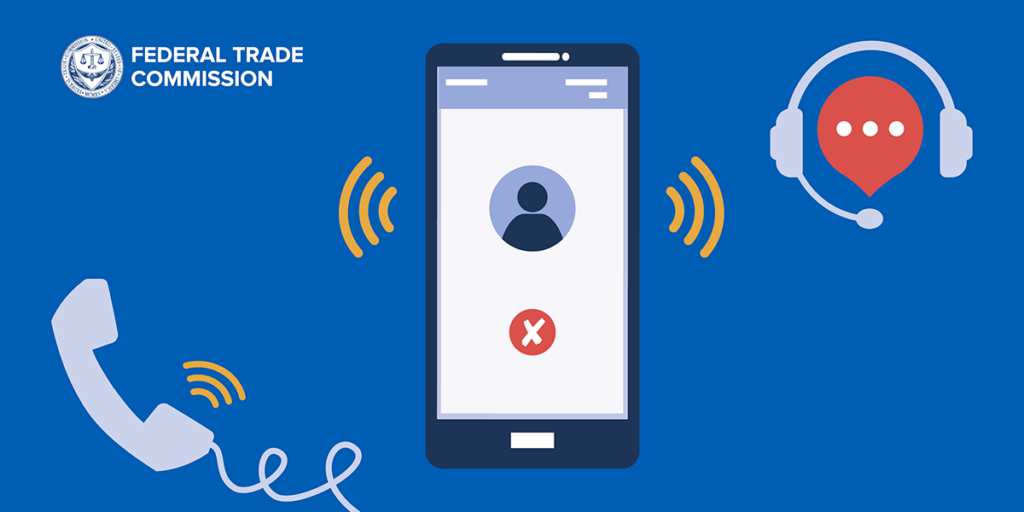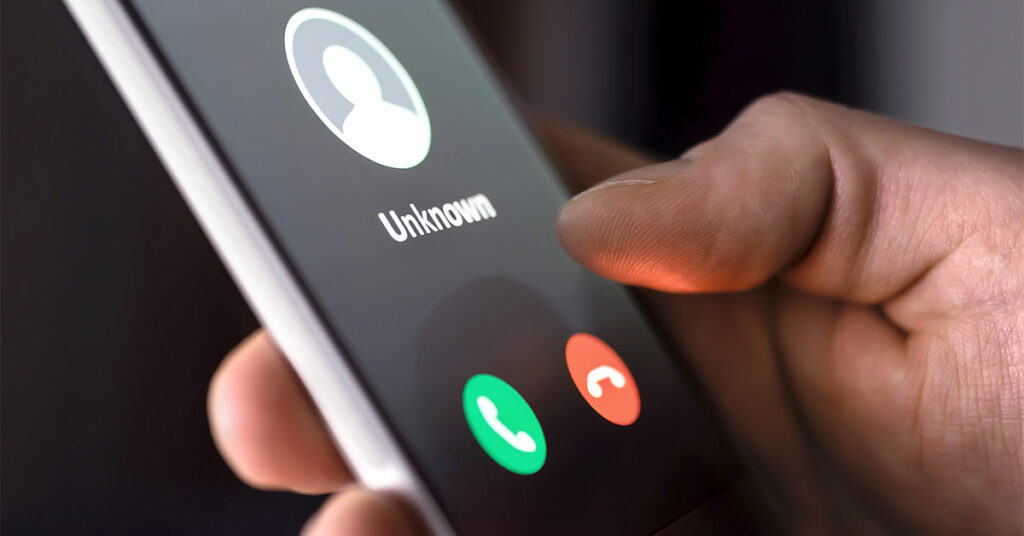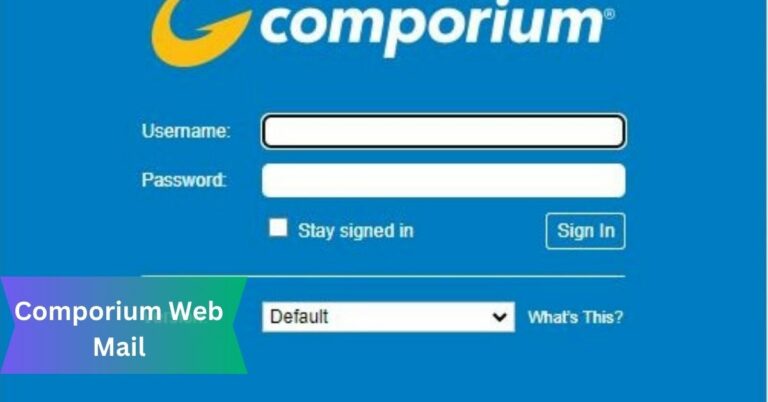In today’s digital age, phone numbers play a crucial role in communication, business transactions, and everyday life. However, with the convenience of technology comes the nuisance of spam calls and potential scams.
2037872898 is a phone number that has been associated with numerous reports of unwanted calls, potentially indicating scam activity.
But what lies behind these calls, and how can individuals protect themselves from falling victim to such schemes?
Identifying the Caller – For Beginners!
1. Domestic and General: Who are they?
Domestic and General is a well-known provider of warranty and insurance services, particularly in the home appliance industry. While legitimate, the company has become associated with unwanted calls due to the misuse of its name by fraudulent entities.
2. Instances of unrequested calls:
Reports from numerous individuals indicate that calls from 2037872898 often come unexpectedly and without prior solicitation. These calls typically involve attempts to sell insurance policies or other services, despite the recipient not expressing any interest or consent.
3. Understanding Phone Spam and Scams:
Phone spam refers to unsolicited calls or messages, often of a commercial nature, sent in bulk to a large number of recipients. On the other hand, phone scams involve fraudulent activities aimed at deceiving individuals into providing personal or financial information under false pretenses.
How do phone scams operate? – Check This!

Scammers may use various tactics, such as posing as legitimate businesses or government agencies, creating a sense of urgency or fear, or offering enticing rewards or prizes. The ultimate goal is to manipulate victims into divulging sensitive information or making financial transactions.
1. Risks associated with engaging with spam callers
Responding to or engaging with spam callers can pose significant risks, including identity theft, financial loss, and exposure to further scam attempts. It is crucial to exercise caution and skepticism when dealing with unfamiliar or unsolicited calls.
The Issue with 2037872898 – Take Analysis!
- Reports and complaints about the number:
Numerous individuals have reported receiving calls from 2037872898, with many expressing frustration and concern about the persistent and unwanted nature of these calls. Despite efforts to block the number, some recipients continue to receive calls, raising suspicions about the caller’s intentions.
- Signs of potential scam activity:
Several red flags suggest that calls from 2037872898 may be part of a phone scam, including the lack of prior consent, aggressive sales tactics, and attempts to obtain personal or financial information. Additionally, the frequency and persistence of calls indicate a disregard for consumer privacy and preferences.
Dealing with Unwanted Calls – Taking Control!
1. Steps to take when receiving unsolicited calls:
- Screen calls: Use caller ID to identify unfamiliar numbers.
- Avoid answering: If unsure about a call, let it go to voicemail.
- Block numbers: Utilize phone settings to block unwanted callers.
- Report spam: Report suspicious calls to authorities or consumer protection agencies.
2. Blocking unwanted numbers:
Most smartphones offer features to block specific numbers or filter spam calls automatically. By blocking numbers like 2037872898, individuals can reduce the likelihood of receiving further unwanted calls.
3. Reporting spam and scam calls to relevant authorities:
Authorities such as the Federal Trade Commission (FTC) and the Federal Communications Commission (FCC) rely on consumer reports to identify and take action against spam callers. By reporting instances of phone spam or scams, individuals can contribute to efforts to combat fraudulent activities.
Protecting Yourself from Phone Scams – Follow These Guidance!

Tips for avoiding falling victim to phone scams:
- Verify identities: Ask for the caller’s name and company information.
- Be skeptical: Question unexpected offers or requests for information.
- Protect personal information: Refrain from sharing sensitive details over the phone.
- Research: Look up unfamiliar numbers or companies to verify legitimacy.
- Trust instincts: If something feels off, trust your instincts and end the call.
Being cautious with personal information:
Personal information such as Social Security numbers, bank account details, and passwords should never be shared over the phone unless the caller’s identity and legitimacy can be verified beyond doubt.
Verifying the legitimacy of callers:
When in doubt about the authenticity of a caller, individuals can take steps to verify their identity, such as calling back using a publicly listed number or contacting the purported company directly through official channels.
Legal Implications – Understanding the Consequences!
Laws and regulations related to phone spam and scams:
Several laws, including the Telephone Consumer Protection Act (TCPA) and the Truth in Caller ID Act, govern the use of telemarketing and the prevention of caller ID spoofing. Violations of these laws can result in significant fines and penalties for perpetrators.
Penalties for violating such laws:
Individuals or organizations found guilty of engaging in illegal telemarketing practices or phone scams may face civil lawsuits, monetary penalties, and even criminal prosecution.
Law enforcement agencies are increasingly cracking down on phone scammers to protect consumers and uphold the integrity of telecommunications.
Consumer Awareness and Education – The importance of spreading awareness!

Raising awareness about the prevalence and tactics of phone scams is crucial to empowering consumers to protect themselves from falling victim to fraudulent activities.
Education initiatives can help individuals recognize red flags, take proactive measures, and report suspicious behavior.
By providing resources, guidance, and support, organizations and community groups can equip individuals with the knowledge and tools needed to safeguard their personal information and financial assets from phone scams.
Frequently Asked Questions:
1. How do I know if a call is a scam?
Signs of a scam call include unsolicited offers, requests for personal information, and high-pressure sales tactics. If in doubt, hang up and research the caller’s identity independently.
2. Can I block numbers like 2037872898 on my phone?
Yes, most smartphones allow users to block specific numbers or filter spam calls. Check your phone’s settings or contact your service provider for assistance.
3. What should I do if I receive a suspicious call?
If you receive a call from an unfamiliar number or suspect it may be a scam, avoid providing any personal information and consider blocking the number. You can also report the call to relevant authorities such as the FTC or FCC.
4. Is it safe to engage with callers to gather information?
It is generally not advisable to engage with suspicious callers or provide any information unless you can verify their identity and legitimacy beyond doubt. Exercise caution and trust your instincts.
5. What legal protections exist against phone scams?
Laws such as the TCPA and Truth in Caller ID Act provide legal protections against phone spam and scams, with penalties for violators ranging from fines to criminal prosecution.
Final Words:
The proliferation of phone spam and scams, exemplified by the case of 2037872898, underscores the importance of vigilance, awareness, and proactive measures in combating fraudulent activities.
By staying informed, exercising caution, and reporting suspicious behavior, individuals can protect themselves and others from falling victim to phone scams and preserve the integrity of telecommunications.
Read:










+ There are no comments
Add yours